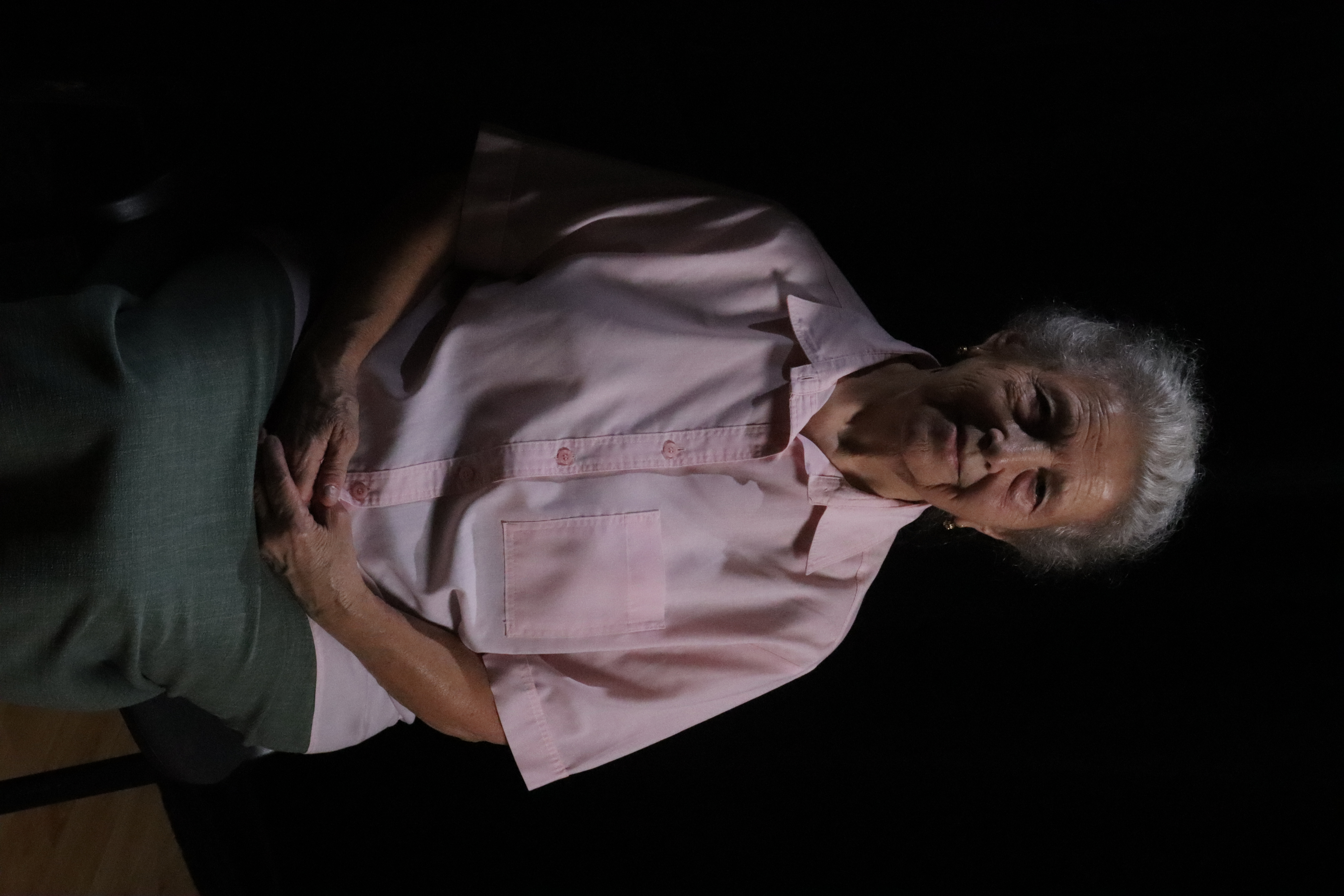Let’s be kind and fair to each other and let’s not let these horrible things happen again

Download image
Julianna Libári comes from the Hungarian Mészáros family, from the village of Kisújfalu - Nová Vieska near Nitra. After the Second World War, the family was displaced for forced labor on the territory of the Czech Republic. During the harsh winter, the Mészáros family was loaded into cattle wagons and taken away from their hometown. First, the family was placed in the village of Kyje, later they were moved to the village of Horní Počernice near Prague. Julianna’s mother and aunt helped in the farming, and her father was a coachman. At that time, Julianna was a little girl who was looked after by local residents - resettled Hungarians, Germans, and sometimes local Czechs. The family was allowed to return home after a while. Julianna spent the rest of her life in her native village of Kisújfalu. After coming home, she started going to school, later started working as a postman, got married and gave birth to two children. In 2021, she lives in her hometown of Nová Vieska and takes care of her sick daughter.

